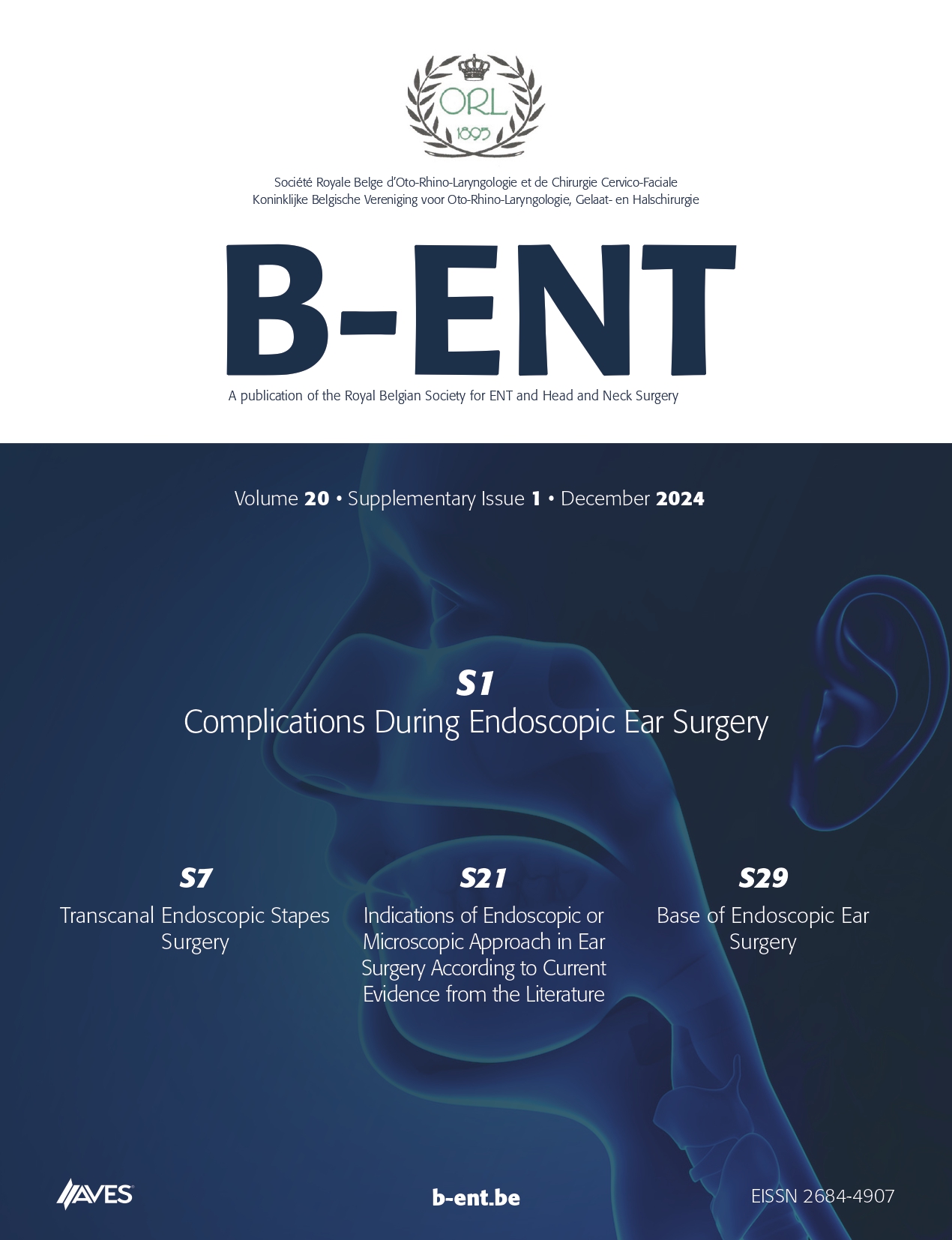Profound sensorineural hearing loss: analysis of 310 adult cases. Objectives: Sensorineural hearing loss is caused by problems in the inner ear, vestibulocochlear nerve, or brain central processing centers. This study aimed to analyze the patient-reported etiology, clinical aspects, and hearing evolution of patients with profound sensorineural hearing loss (PSNHL). Study design: Retrospective.
Methods: A total of 310 adult patients diagnosed with PSNHL in one or both ears between January 2002 and January 2008 were studied at a secondary center. Most subjects were military-aged males who were diagnosed with PSNHL during routine examinations prior to recruitment. A pure-tone audiometry test was performed in all patients. Auditory brainstem response was recorded in 142 (45.8%) patients.
Results: A total of 310 adult patients (276 males [89%] and 34 females [11%]) with a mean age of 23.1 (range 20-81) years comprising 486 ears consisting of 176 (56.8%) bilateral and 134 (43.2%) unilateral PSNHL cases were evaluated. Etiology was based on patient self reporting. The disease was congenital in 93 (30%) patients and acquired in 217 (70%). Etiology was unknown in 35 (11.3%) patients. Acquired hearing losses were rapid in 188 (86.6%) and progressive in 29 (13.4%) patients. Articulation was impaired (no understandable speech) in a total of 146 patients (47.1%), including all patients with congenital PSNHL.
Conclusion: The cause of hearing loss is often understood from medical history. Taking measures for the most common causes (congenital hearing loss and childhood infectious diseases) may reduce occurrences of PSNHL cases. Auditory screening and beginning hearing rehabilitation as soon as possible in newborns is vital.



.png)
